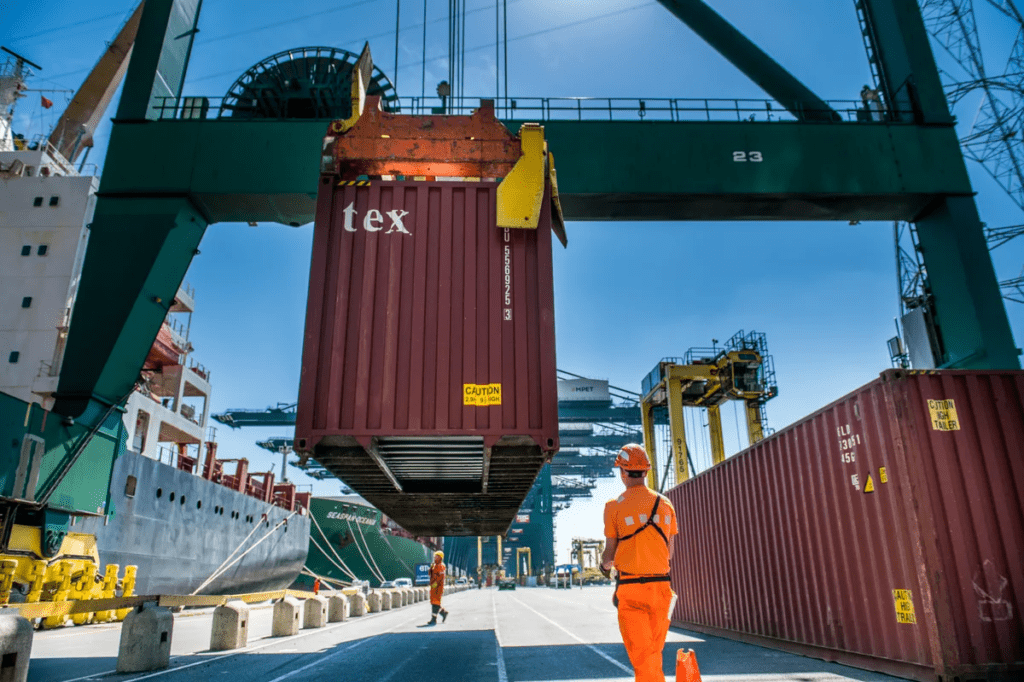Over 6,000 checks have now been carried out on British goods by Belgium’s Federal Agency for the Safety of the Food Chain (FASFC) since January 2021.
Since the implementation of Brexit measures, products like stilton cheese, lamb or yoghurt have undergone rigorous checks before crossing the Belgian borders, following the same import rules as other countries like China.
These include checks as to whether the shipment is accompanied by the necessary documents, and whether the goods comply with European legislation. Almost all (95%) of imports meet these qualifications, and of the 261 consignments refused, 217 were refused because of inadequate documentation, rather than failing to comply with legislation.
Certificates required for Belgian companies, too
Because of Brexit, Belgian companies must also have many of their products checked before they can be exported to the UK.
FASFC issued over 6,200 certificates in 2021 towards that end, including 950 health certificates for the export of live animals and products, and 5,250 phytosanitary certificates for plants and plant products, mainly ornamental plants, shrubs and trees – a sector that has been greatly disrupted as a result of Brexit.
Related News
- UK trade restrictions costing plant sector millions, Belgian case study shows
- Brexit cost the EU a quarter of exports to UK
The number of certificates issued is expected to increase substantially in 2022, because over the course of three phases beginning 1 July, all products of animal origin and almost all plants and plant products must be accompanied by a health or phytosanitary certificate and will be checked at British borders.
Burden expected to increase come July
“With the objective of having to issue even more certificates by 2022 and to make the certification process more flexible, I am very pleased with the resources I have been given to speed up and strengthen the digitalisation of this certification by means of the BeCert tool,” said competent minister David Clarinval.
“Smoother certification procedures will facilitate exports.”
FASFC’s CEO Bart Buysse sees the 1 July deadline as the biggest challenge. In order to cope with the increased import and export controls, FASFC started recruiting 115 additional staff members in 2020. In that same year, a FASFC Contact Centre was set up for businesses that have questions about the import or export of their goods.

